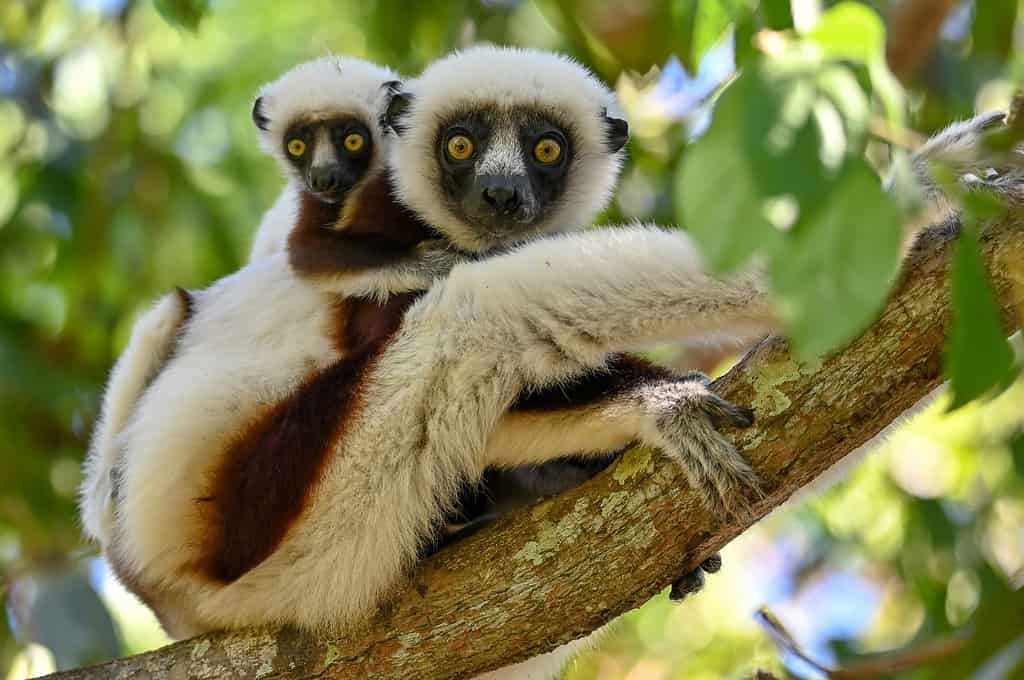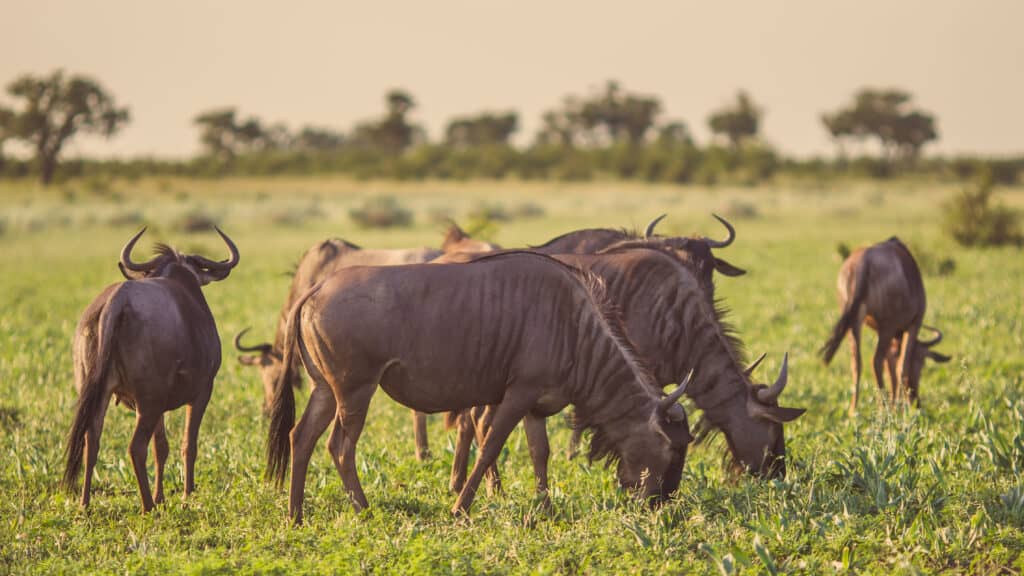The definition of independence is the freedom from the control, support, influence, or aid of others. For animals, independence occurs when they can live and function on their own without the support of their parents. When an animal can hunt, eat, and fend for itself it’s considered independent. But the age at which it reaches independence can vary.
Age-Based Variation in Animal Independence

Every species develops at its own biological pace. While humans take nearly 20 years to mature, some birds species can fly hours after hatching.
©mirecca/iStock via Getty Images
Every species is different in how it matures and raises its young. Compared to other animals, humans take much longer to mature than most, almost twice as long as other primates. However, there are some animals that take similarly as long to mature as humans, while other animals are independent from birth.
What Animals Are Independent at Birth?
Animals with smaller brains typically grow faster because their primary survival strategy is to quickly reach sexual maturity and breed. Precocial organisms are up and about and independent within hours after birth (or hatching). Certain types of birds, like megapodes, hatch with full-flight feathers and can sometimes fly the same day they leave their eggs. Another example of an animal that is independent at birth is the blue wildebeest, which can stand and walk within minutes after birth and outrun a hyena within a day.

The blue wildebeest is a precocial animal that can flee a hyena one day after birth
©iStock.com/CreativeNature_nl
What Animal Takes the Longest to Become Independent?
Animals, like primates, need more complex cognitive development, which takes longer to learn. Animals, in general, have varying biological needs. Altricial species are those that are helpless at birth, like humans, primates, dogs, cats, some birds, and many mammals. Altricial animals typically stay with their parents for extended periods, some for several months and others for 15 or more years. Animals that stay with their parents the longest include African elephants, lions, chimpanzees, dolphins, giraffes, and kangaroos.



